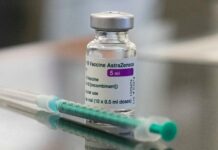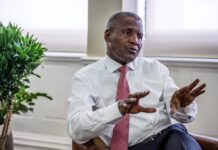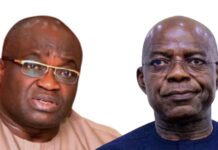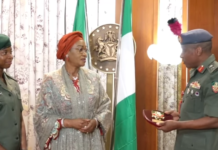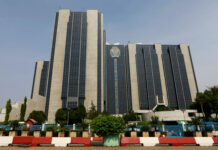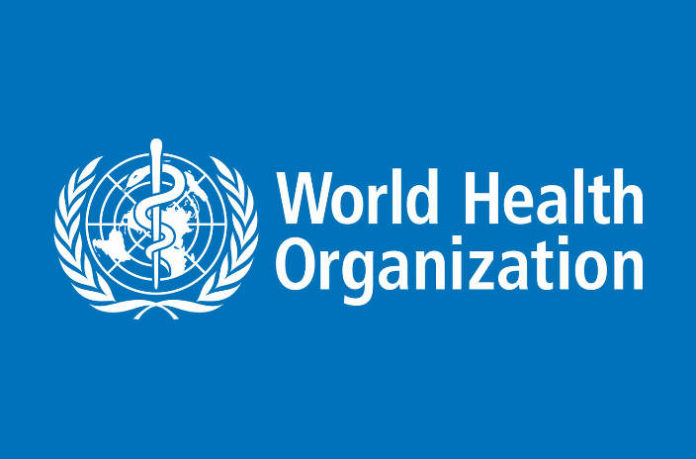African countries will play a key role in the World Health Organization’s efforts to reform global pandemic response under a new leader, to be elected in May 2017. The continent wields an impressive voting bloc — 54 of 194 states — in the first ever ballot of member states. Unwritten rules of courtesy at the WHO also stipulate regions “take turns” filling the slot of director general — and Africa’s on tap.
But amid political jockeying, and emerging new public health initiatives, that may not be enough to elect Tedros Adhanom from Ethiopia, who is seen as the African candidate.
For the first time next year, 194 WHO member states will determine by secret electronic ballot who will replace Margaret Chan as the next U.N. agency chief. All member states — regardless of population — will have equal weight in nominating and selecting the WHO leader. The WHO’s board of directors had previously picked a pool of candidates to be voted on by members.
Many Africans may feel they have more at stake in this election than any other region, former United States Charge D’Affaires to the African Union Susan Page told Devex. Africa carries the world’s highest burden of disease, and considering many African countries’ first-hand experience — most recently during the Ebola crisis — with the tragic consequences of the UN’s poor pandemic response, the African continent may have more to lose in the selection of the WHO’s next leader.
With 54 member states, Africa could sway the vote. But countries aren’t necessarily united around Tedros, one of six candidates for the post.
“I understand that the French are pushing really hard for their candidate [Philippe Douste-Blazy], which means that the Africa position is a lot less strong than some African leaders may think,” Page told Devex after an event at the Overseas Development Institute.
“If France then puts a heavy hand on their former colonies, Niger, Senegal, wherever they have the best relations in Africa, then the African candidate might not get it,” she said.
Two delegates from former French colonies in West Africa told Politico in June they preferred the French candidate, and felt Tedros was the wrong leader for the job. “The Ethiopian came and imposed himself, as if he was Africa’s natural candidate … He didn’t even give a chance to others,” Politico quoted one West African official saying.
Page said the argument that it’s Africa’s turn to pick a CDC chief is also “a hard case to make” because “it’s an informal rule that’s always stuck, but theoretically, somebody could break it.”
Complicating matters is the uncertainty over how the WHO will work with Africa’s other efforts to coordinate pandemic response, namely the U.S.-backed Africa Centers for Disease Control, founded last year in response to the Ebola crisis and the poor response of international health organizations, including the WHO.
“There is a lot of tension between the hubs that are operated by WHO on the continent and how they’re going to interact with the Africa CDC,” Page said. She said she would like to hear from candidates about how they plan to manage the relationship between the WHO and Africa CDC.
The WHO’s presence in Africa, known as WHO Afro, operates several “hubs” throughout the continent designed to build capacity for tracking and recording health data, using epidemiologists from the region employed by the Africa CDC. The idea behind this collaboration was to fill the void of adequate disease response on the continent, “because that was the whole problem with WHO, they missed it,” Page said.
The WHO “couldn’t seem to actually do the role they were created to do, so I think that’s going to continue to play out,” she said.
Source: Devex.com
